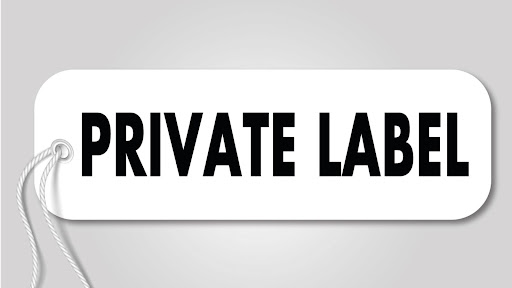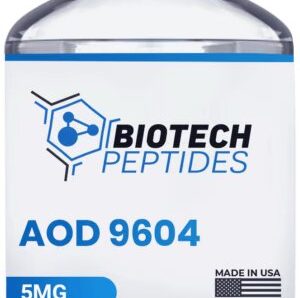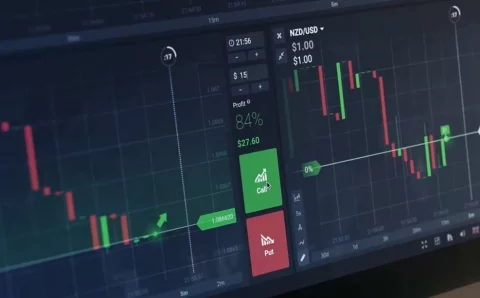There are many private label supplement manufacturers to select from, and deciding which one to use might be difficult. Deciding on the correct manufacturer for your private label supplements is what matters most to you and your company.
Here are the top ten criteria to consider when deciding whether or not a private label supplement manufacturer is a suitable fit for you:
Minimum Order Requirements: How many of each product will you need to order? If it’s a large quantity, and you’re unsure how well it’ll sell, you risk sitting on unsold inventory and perhaps exceeding the items’ expiration dates. Instead, look for a private label program that doesn’t need you to buy in bulk, especially if you’re just getting started. (As a rule of thumb, if you’re requested to buy 50 units or more of a single product, you should keep browsing.)
Product Selection: Does the company offer a few supplements that can be privately labeled? If this is the case, that manufacturer may find it difficult to support your future expansion. So instead, look for a private label supplier who has a wide range of items and sizes so you may increase your options in response to client feedback and current trends.
Pricing: Will the wholesale price for your items provide you with enough margin to establish your brand? Is there a suggested selling price for you from the manufacturer based on current competitors or similar products? Make sure there’s a good profit margin on the things you’re selling and that the salesperson you’re speaking with can spot similar products on the market and price yours competitively.
Order Turnaround Time: How soon can you fill orders? It could be more challenging to maintain your inventory levels if you constantly have to schedule your orders a month ahead of time. To maintain your cash flow and inventory levels balanced and comfortable, look for a manufacturer who can ship your orders within a week or two.
Product Availability: As discussed in our previous essay, The Benefits of Scheduling in Private Label Supplement Manufacturing, correctly managing and allocating stock product inventories may be difficult. Check with your sales representative to ensure that out-of-stock situations are uncommon and that they can help you prepare for greater orders if necessary.
Label Fees: Determine whether or not you will be charged for labels each time you place an order. If that’s the case, this might be an unanticipated expenditure that significantly impacts your bottom line. Look for private label manufacturers that include labeling with every purchase, so you know how much it will cost.
Sales Assistance: Inquire about the degree of assistance you’ll get once you’ve purchased anything. Will you have access to data on current product sales trends? Will you know enough about your products to tell your customers about them? So you’re not left wondering when it’s time to promote your things, look for a private label manufacturer that provides professional and skilled sales support.
Quality: Trademarked ingredients are an obvious method to spot a high-quality private label product. However, there are additional factors to consider when assessing the quality of a private label business. When deciding on your brand’s major emphasis, you can determine that gut health would be your main focus and that you want to provide a variety of probiotic products. In this scenario, assessing manufacturers based on probiotics knowledge will make the process of picking one much easier. The various problems of producing probiotics were highlighted in our earlier essay, How to Choose the right private label suppliers. You may apply the same criterion (searching for an expert) to Whole Food Based Supplements, Organic Supplements, or any other aspect of your business that you wish to promote.
Facility Certifications: At the absolute least, your manufacturing partner should be certified in GMP (Good Manufacturing Practices). The FDA’s principal instrument in assuring proper control and monitoring of the manufacturing process is GMP, a set of rules enforced by the US Food and Drug Administration (FDA). However, all manufacturing enterprises do not hold GMP accreditation or any other certifications required to create certain types of products. For example, according to the USDA. If a company wants to include the word “Halal” on its packaging, a third-party Halal certification body must approve both the product and the facility.
Product Certificates: In addition to facility certifications, you’ll probably want your manufacturer to be able to supply you with product certifications. Today’s consumer wants to know how their products are produced and manufactured, as we discussed in greater detail in our previous post on whole food supplement trends. Therefore, they value well-recognized certifications like USDA Organic, Vegan Certified, or Non-GMO Project Verified. If you want to give your customers high-quality, on-trend items, you’ll want to ensure that your manufacturing partner can provide certifications like these right from the start.
Summary
Not every company will check every box on this list, but it should be a good starting point for figuring out what to look for in a private label program. Your objective should be to figure out which of these services are most important to you to choose a private label manufacturer that can match your demands and with whom you can have a long-term partnership.





